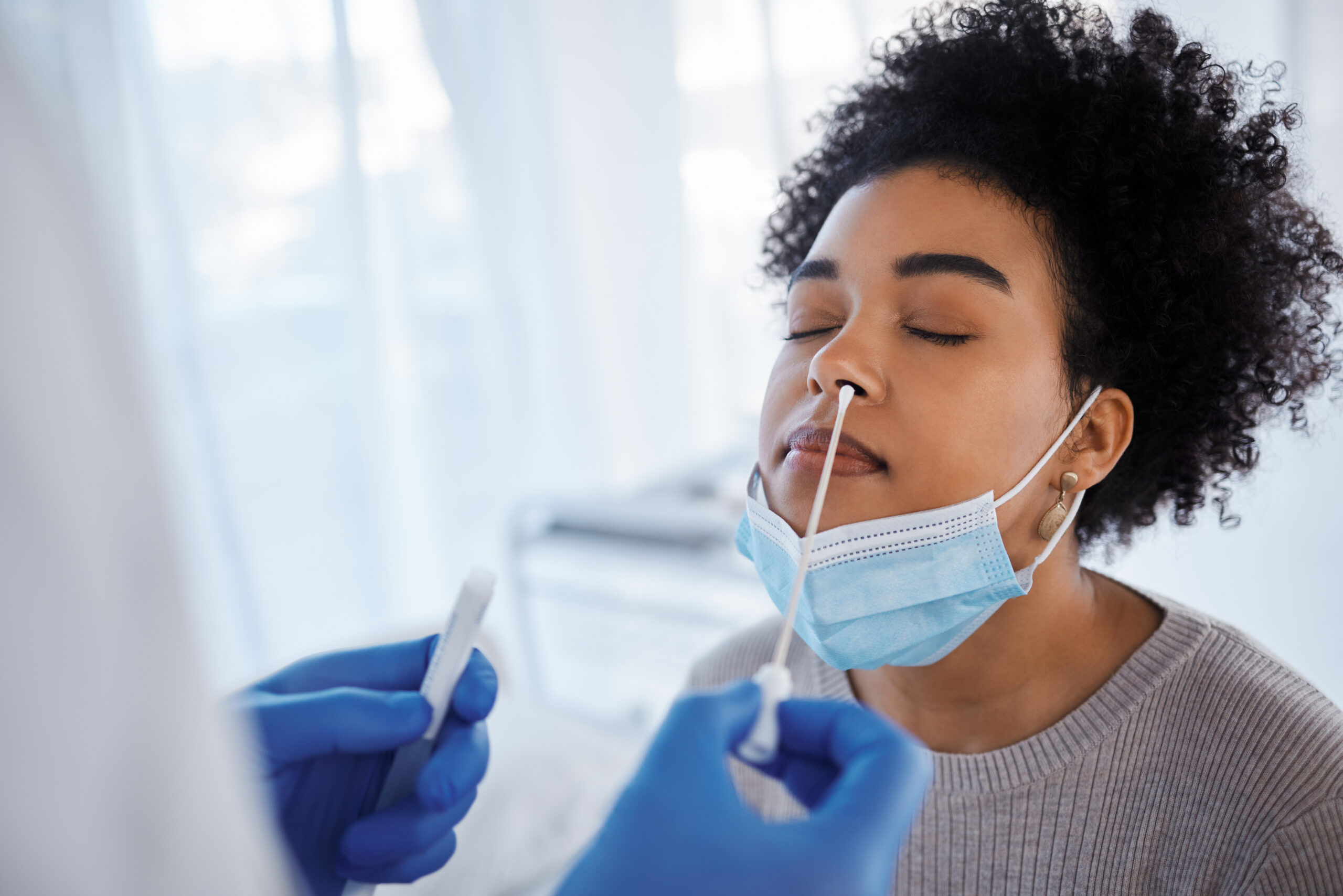Respiratory Test
About the Test
🏠 Collection Method: At-home or In-person
🧪 Sample Type: Nasal Swab, Sputum
🔞 Age: 5+
⚠️ Preparation: You do not need to do anything special to prepare for the sample collection. Fast is not required for this test.
📊 After the test: Results can take a few hours to a few days. Sent to you directly.
Original price was: $139.00.$99.00Current price is: $99.00.
HOW IT WORKS
Skip the doctor’s visit – purchase directly and get started.
Book your sample collection at Genics Laboratories locations, or choose the convenient in-home collection option if available in your area.
Once your results are ready, you’ll receive an email so you can access them online right away. An independent physician is available to discuss your results.
No doctor visit needed. If available in your area, enjoy the convenience of in-home sample collection for just $69 extra.
After completing your purchase Genics Mobile Phlebotomy Coordinator will contact you to arrange your in-home sample collection appointment.
A certified Genics Mobile phlebotomist will come to your home to collect your sample and deliver it securely to our laboratory for processing.
Once your results are ready, you’ll receive an email so you can access them online right away. An independent physician is available to discuss your results.
What’s Tested
This respiratory test is used to identify upper and lower infections, allergies, or other respiratory issues. They can also help assess the presence of certain pathogens or monitor chronic conditions.
When you have respiratory symptoms, the Respiratory Test helps pinpoint the exact cause. This advanced test uses a simple nose swab or sputum to detect the unique genetic material of various viruses and bacteria, even in tiny amounts.
The “PCR” technology amplifies this genetic material, ensuring high accuracy. This rapid and precise diagnosis allows your doctor to prescribe the right treatment, avoiding unnecessary medications. This leads to faster recovery, helps prevent complications, and limits disease spread, especially benefiting vulnerable individuals.
Influenza: A (pan), A/H1, A/H3 and B virus
Influenza A and B are the main viruses responsible for seasonal flu. Influenza A includes subtypes like H1 and H3, which can cause both pandemics and seasonal outbreaks. Influenza B mainly affects humans and contributes to seasonal flu epidemics. Both mutate frequently, which is why vaccines are updated annually to target the most common strains and help prevent widespread illness.
Respiratory syncytial virus A and virus B
Respiratory Syncytial Virus (RSV) is a common virus that causes respiratory infections, particularly in young children and the elderly. It has two main types, RSV A and RSV B, both of which circulate during the cold seasons and can lead to conditions like bronchiolitis and pneumonia. RSV A is often more dominant and severe in outbreaks, but RSV B also contributes to infections. Both types mutate frequently, and while there is no vaccine, early detection and treatment help manage symptoms and prevent complications.
Mycoplasma pneumoniae
Mycoplasma pneumoniae is a type of bacteria that causes mild respiratory infections, often referred to as “walking pneumonia.” It spreads through respiratory droplets and primarily affects the lungs, leading to symptoms like a persistent cough, sore throat, and fever. Infections are typically more common in children and young adults, especially in crowded environments like schools. While symptoms are usually less severe than other types of pneumonia, the infection can still last several weeks.
Human Rhinovirus
Human rhinovirus is a common virus responsible for the majority of upper respiratory infections, such as the common cold. It spreads easily through respiratory droplets and contaminated surfaces. Symptoms include a runny or stuffy nose, sore throat, cough, and sneezing. Rhinovirus infections are generally mild and self-limiting but can occasionally lead to complications, especially in people with weakened immune systems.
Adenovirus 1 and 2
Adenovirus types 1 and 2 are common viral pathogens that can cause a range of respiratory infections, from mild colds to more severe illnesses like pneumonia or bronchitis. They spread through respiratory droplets, direct contact, and contaminated surfaces. Symptoms may include a sore throat, fever, cough, and conjunctivitis (pink eye). Adenovirus infections are typically self-limiting, but they can be more severe in young children, the elderly, or individuals with weakened immune systems.
Human metapneumovirus A/B
Human metapneumovirus (hMPV) types A and B are viruses that cause respiratory infections similar to those of other common respiratory viruses. They spread through respiratory droplets and can lead to symptoms such as cough, fever, runny nose, and wheezing. Infections can range from mild colds to more severe respiratory conditions, particularly in young children, the elderly, and individuals with compromised immune systems.
Parainfluenza virus 1, 2 and 3
Parainfluenza viruses types 1, 2, and 3 are common respiratory viruses that cause illnesses ranging from mild colds to more severe conditions like croup and bronchiolitis. They spread through respiratory droplets and can lead to symptoms such as cough, fever, and a sore throat. Type 1 and 2 are often associated with croup, which is characterized by a barking cough and stridor, while type 3 can cause severe lower respiratory infections, especially in young children and those with weakened immune systems.
SARS-CoV-2
SARS-CoV-2 is the virus responsible for COVID-19, a respiratory illness that can range from mild symptoms like cough, fever, and fatigue to severe conditions such as pneumonia, acute respiratory distress syndrome, and long-term complications. It spreads primarily through respiratory droplets, aerosols, and surface contact. COVID-19 can affect individuals of all ages but is particularly severe in older adults and those with underlying health conditions. Testing, supportive care, and vaccines are key in managing and preventing the spread of the virus.
Physician Review included
What to expect after the test
After you provide your specimen, it generally takes few business days to process and release your test results. Your test results will be available in a clear and easy-to-read report. Independent physicians are available to discuss questions or concerns you may have regarding your results.






